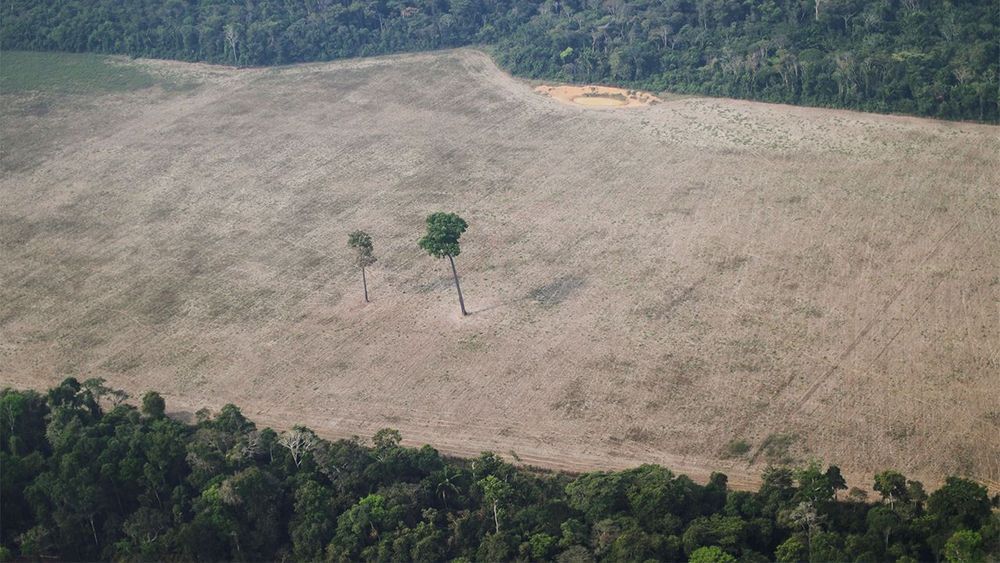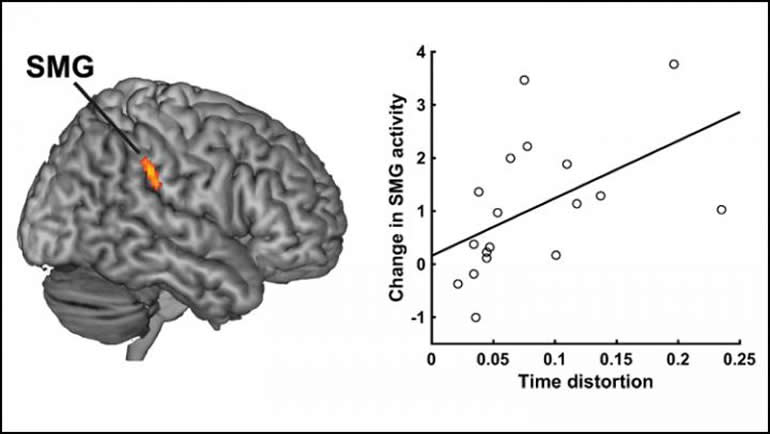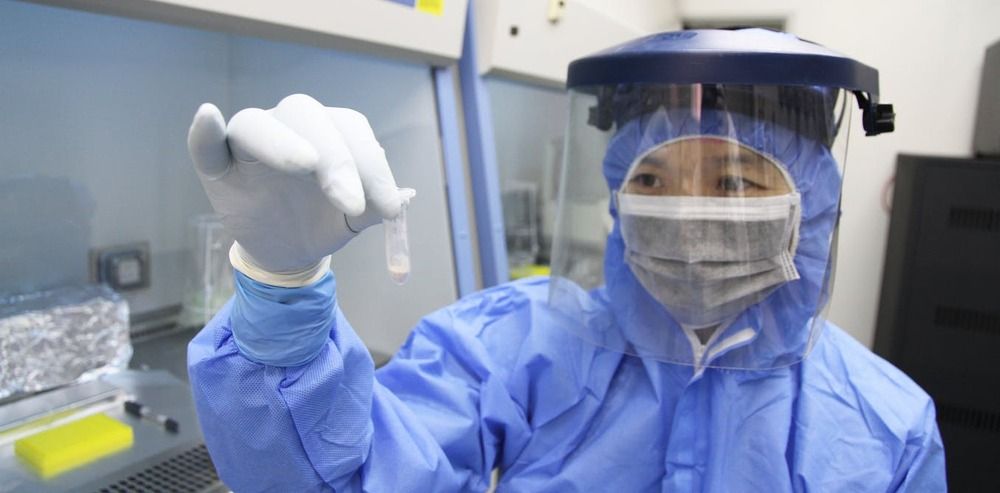Lucrative military contracts could be in store for Momentus, a startup space transportation company that has raised $80 million in funding.



Darmstadt, 15 September 2020. – The European Space Agency (ESA) awarded a €129.4 million contract covering the design, manufacturing and testing of Hera, the space agency’s first mission for planetary defence, ESA announced today.
The contract was signed by Franco Ongaro, ESA Director of Technology, Engineering and Quality, and Marco Fuchs, CEO of Germany space company OHB, prime contractor of the Hera consortium, ESA said today. The signing took place at ESA’s European Space Operations Centre (ESOC) in Darmstadt, Germany, which will serve as mission control for the 2024-launched Hera.
The mission will be Europe’s contribution to an international asteroid deflection effort, set to perform sustained exploration of a double asteroid system, ESA said.
Hera will be, along with NASA’s Double Asteroid Redirect Test (DART) spacecraft, humankind’s first probe to rendezvous with a binary asteroid system, a little understood class making up around 15% of all known asteroids, the agency said.
Hera is the European contribution to an international planetary defence collaboration among European and US scientists called the Asteroid Impact & Deflection Assessment (AIDA).

Emotional dysregulation and anxiety are common in people at clinical high risk for psychosis (CHR) and are associated with altered neural responses to emotional stimuli in the striatum and medial temporal lobe. Using a randomised, double-blind, parallel-group design, 33 CHR patients were randomised to a single oral dose of CBD (600 mg) or placebo. Healthy controls (n = 19) were studied under identical conditions but did not receive any drug. Participants were scanned with functional magnetic resonance imaging (fMRI) during a fearful face-processing paradigm. Activation related to the CHR state and to the effects of CBD was examined using a region-of-interest approach. During fear processing, CHR participants receiving placebo (n = 15) showed greater activation than controls (n = 19) in the parahippocampal gyrus but less activation in the striatum. Within these regions, activation in the CHR group that received CBD (n = 15) was intermediate between that of the CHR placebo and control groups. These findings suggest that in CHR patients, CBD modulates brain function in regions implicated in psychosis risk and emotion processing. These findings are similar to those previously evident using a memory paradigm, suggesting that the effects of CBD on medial temporal and striatal function may be task independent.

Imagine a country where AI takes all the jobs so that no human being is working. How will it be like? To many people, that means hell – human civilization may soon end since we no longer control our own survival. But to others, that signifies the advent of new life, where mankind can finally get rid of labor and focus on something more valuable.

A major report card on the state of biodiversity gives failing grades to the world’s nations. The United Nations’s Global Biodiversity Outlook 5, released this week, concludes that the world has not met ambitious targets set 10 years ago to protect nature. “The warning lights are flashing. We have to recognize that we’re in a planetary emergency,” Andy Purvis, a biodiversity researcher at the Natural History Museum said in a statement.
Despite glimmers of progress, the world has not achieved decadal targets to protect nature.
How can combat pilots protect warfighters in the air and on the ground at the speed of light? We’re developing laser pod technology now to be ready for action when the warfighter calls. The future is almost here.
Learn more about TALWS: https://lmt.co/3hry0kJ
Motion sensors make holographic avatars dance, via Mark Bartkevitch.



Rolling out in most of its cities starting next year.
Google Fiber will double the maximum internet speed offered to its customers starting later this year from 1 Gbps to 2 Gbps, the company announced this week. The new plan will cost $100 a month, $30 more than the company’s existing 1 Gbps option. However, only downloads will be offered at the new maximum speed; uploads will remain at 1 Gbps. With the new plan, Google says it will provide customers with an unspecified “new Wi-Fi 6 router and mesh extender” to make the most of the new speeds.
Pilots of the new plan are due to kick off in Nashville, Tennessee, and Huntsville, Alabama, next month, with a full rollout in the two cities planned for later in the year. The company says it currently offers Google Fiber and Google Fiber Webpass (which uses over-the-air transmission rather than fiber optic cables) in 19 cities in the US. 2 Gbps pilots are due to start in its other markets later this year, with a rollout in “most” cities in early 2021.